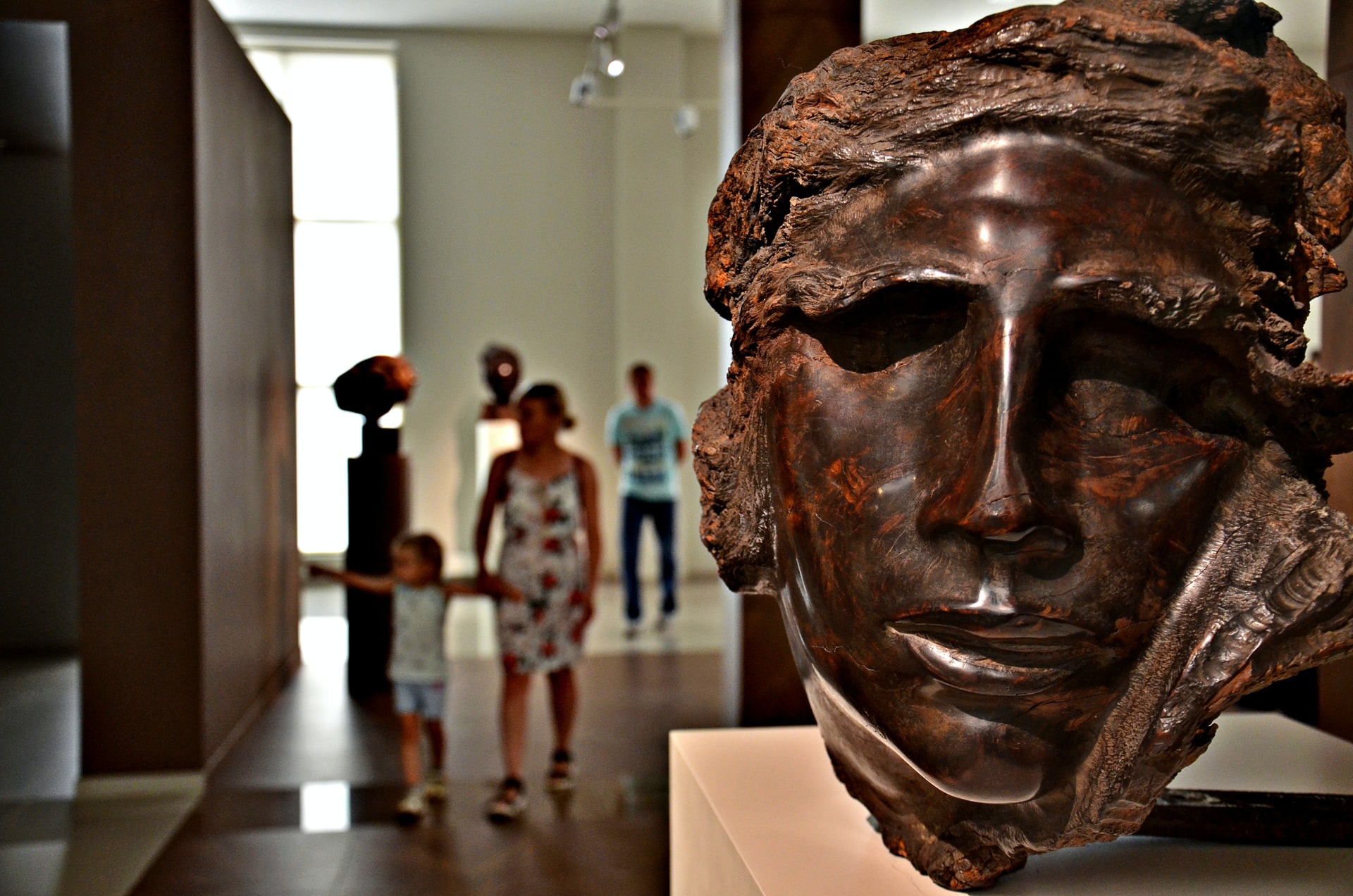
For what reason do you make craftsmanship? That is the basic inquiry Greater Good presented to seven craftsmen. Their answers are astonishing, and extremely assorted. They notice making workmanship for the sake of entertainment and experience; building spans among themselves and the remainder of humankind; rejoining and recording sections of thought, feeling, and memory; and making statements that they can’t communicate in some other manner.
Every one of their answers are profoundly close to home. Somewhere else on Greater Good, we investigate the conceivable intellectual and passionate advantages of expressions of the human experience, but then these specialists summon a more key advantage: They are simply doing what they feel they’re destined to do.
The reasons are irrelevant
I like the inquiry “For what reason Do You Make Art?” since it expects what I do is workmanship. A complimenting supposition. The inquiry additionally returns me to my first year of school, where such inquiries like “What is nature?” and “Is reality a wave or a circle?” were sincerely discussed (typically late around evening time and subsequent to smoking a lot weed).
A quarter century later I’d prefer to think I am somewhat more lucid in regards to this inquiry. Maybe the solitary understanding I’ve acquired is the information that I have no clue and, also, the reasons are insignificant. Contingent upon my mind-set, on some random day, I could credit making workmanship to an honorable drive to interface with others or to comprehend the world or a narcissistic way of dealing with stress or a craving to be acclaimed or treatment or as my strict order or to give a feeling of control or a longing to give up control, and so forth, and so on, and so on
Whatever the explanation, an inward impulse exists and I keep on regarding this inner objective. On the off chance that I didn’t, I would feel truly frightful. I would be a messed up man. So whether endeavoring to make workmanship is respectable or narrow minded, the reality stays that I will do it in any case. Anything past this proclamation is hypothesis. I would be anxious about the possibility that that by announcing why I make craftsmanship would produce my own purposeful publicity.
A climate of compassion
I write in what is presumably a vain exertion to some way or another control the world where I reside, reproducing it in a way that fulfills my feeling of what the world ought to resemble and resemble.
I’m attempting to catch in language the things that I see and feel, as a method of recording their magnificence and force and fear, so I can get back to those things and remember them. Around there, I attempt to have some feeling of control in a tumultuous world.
I need to by one way or another convey my feeling of the world—that method of understanding, drawing in, encountering the world—to another person. I need them to be moved into the world that I have made with language.
Thus a definitive point of my composing is to establish a climate of sympathy, something that would permit the supernatural occurrence of compassion to happen, where individuals can appear to emerge from themselves and broaden themselves into others and live inside others. That has a huge force for the person. Also, I know this, since that is how others’ composing deals with me when I read it.